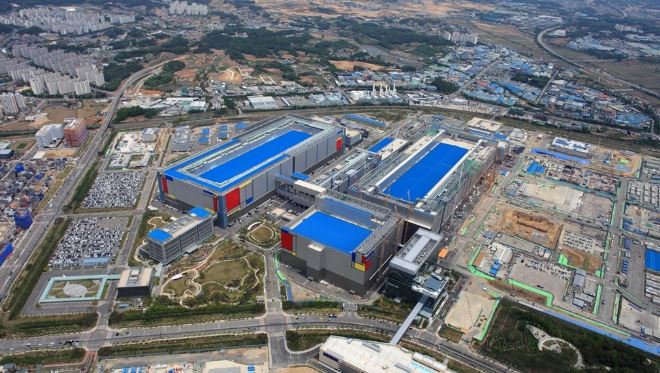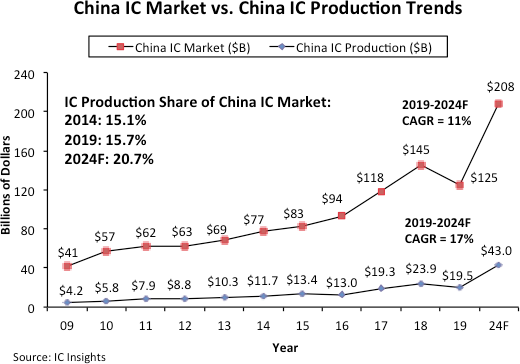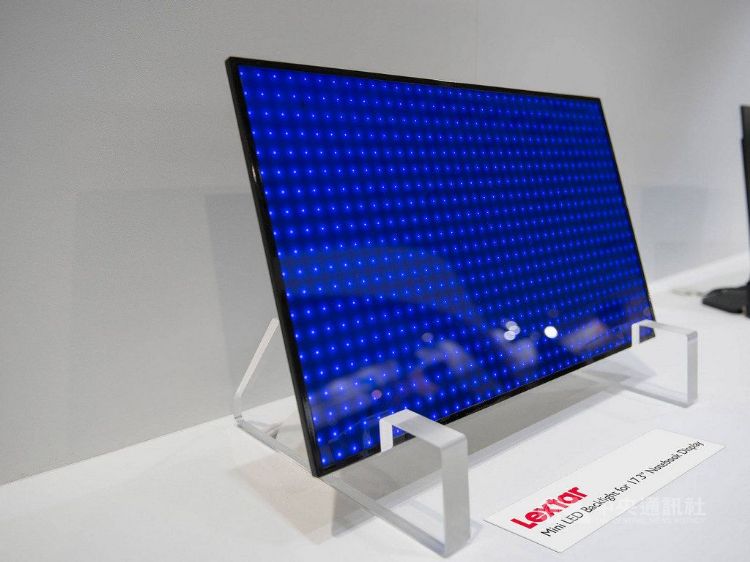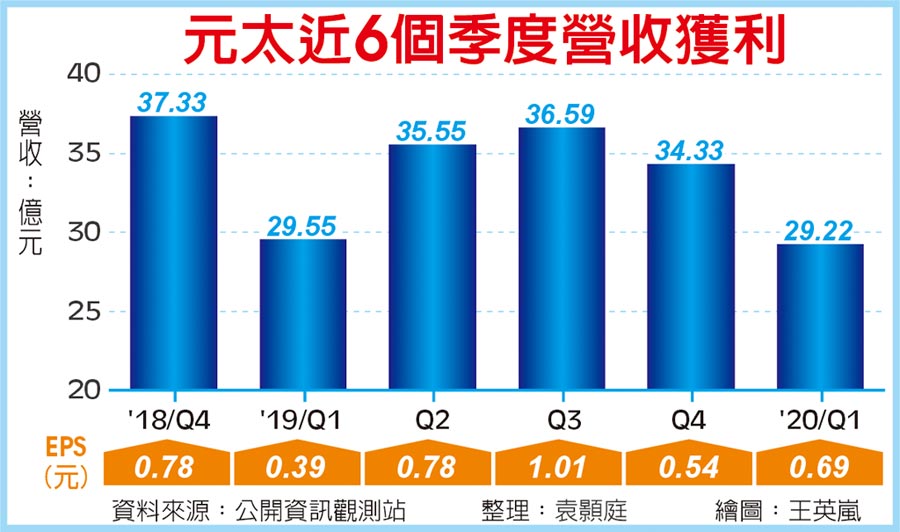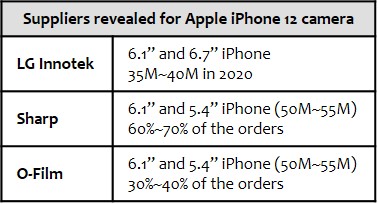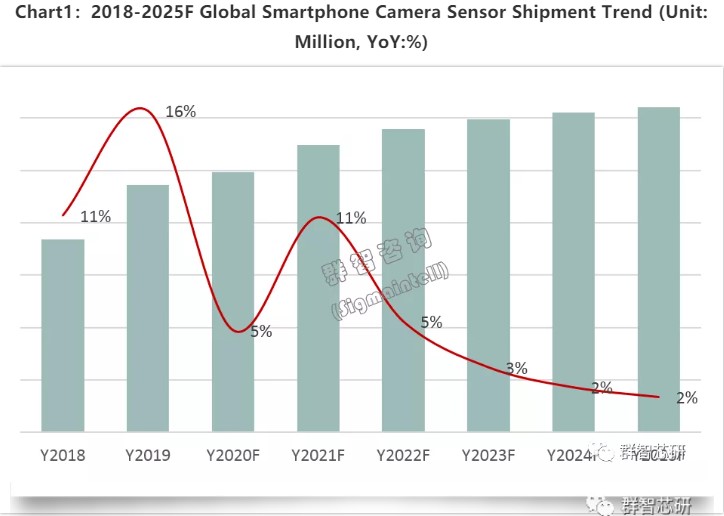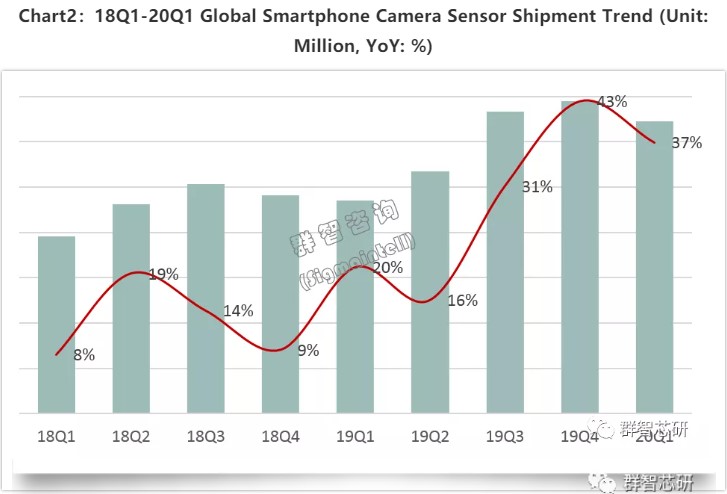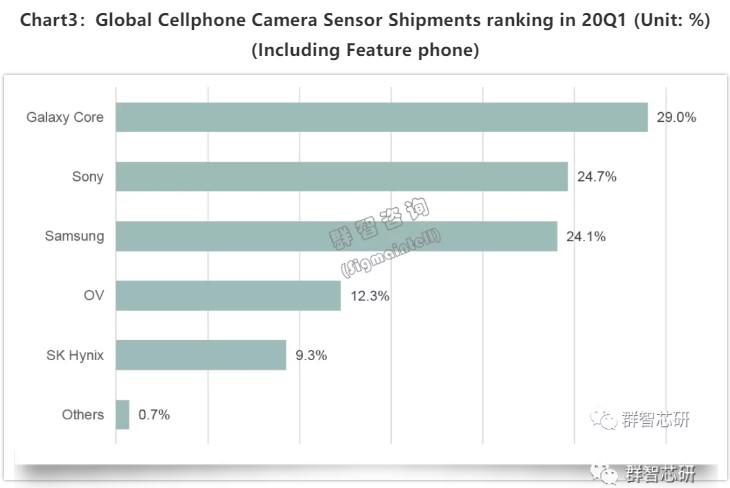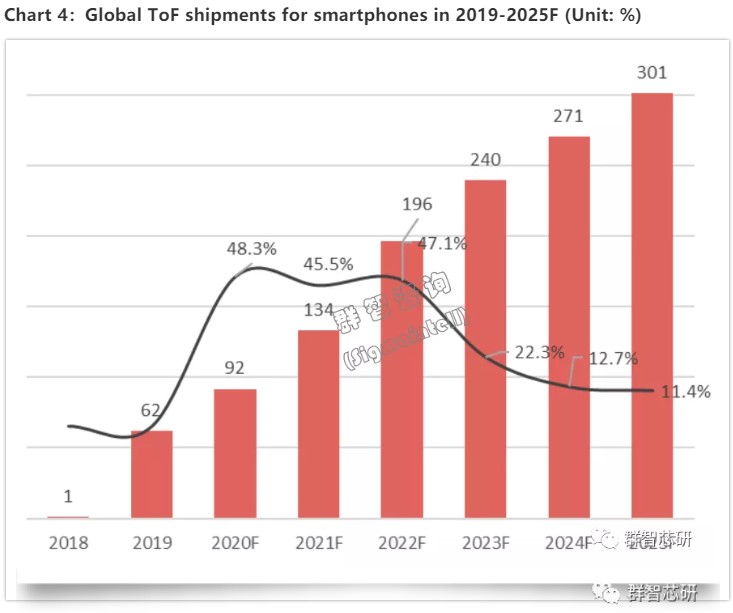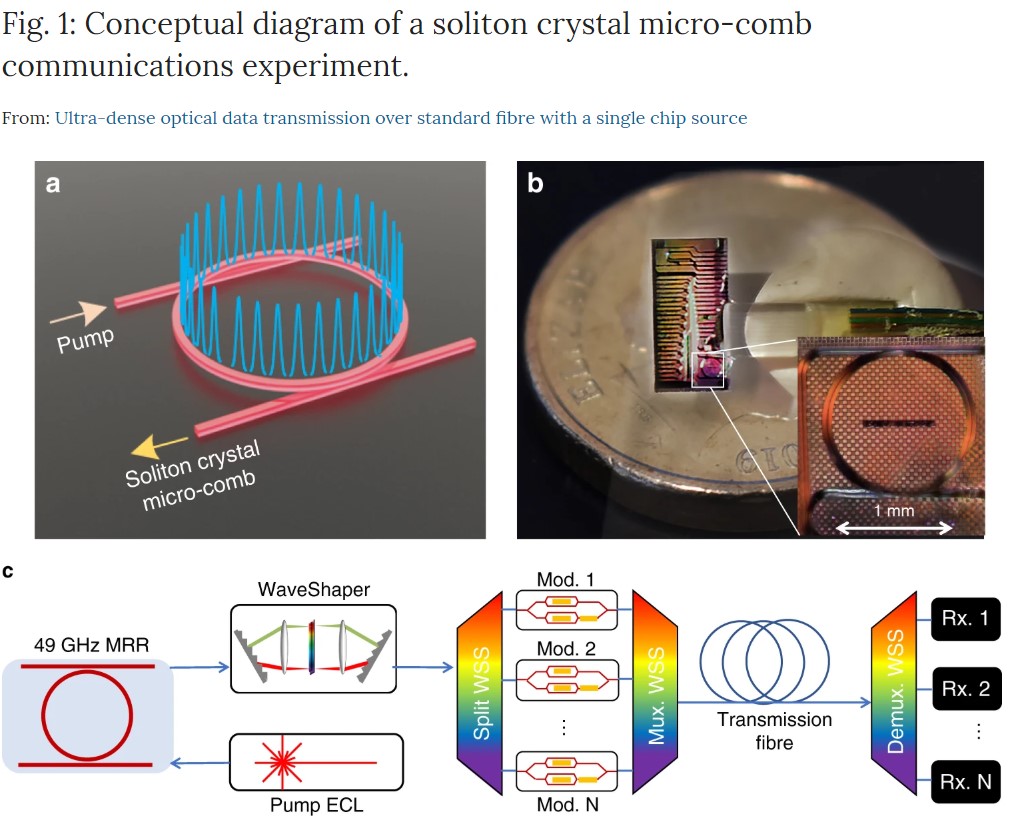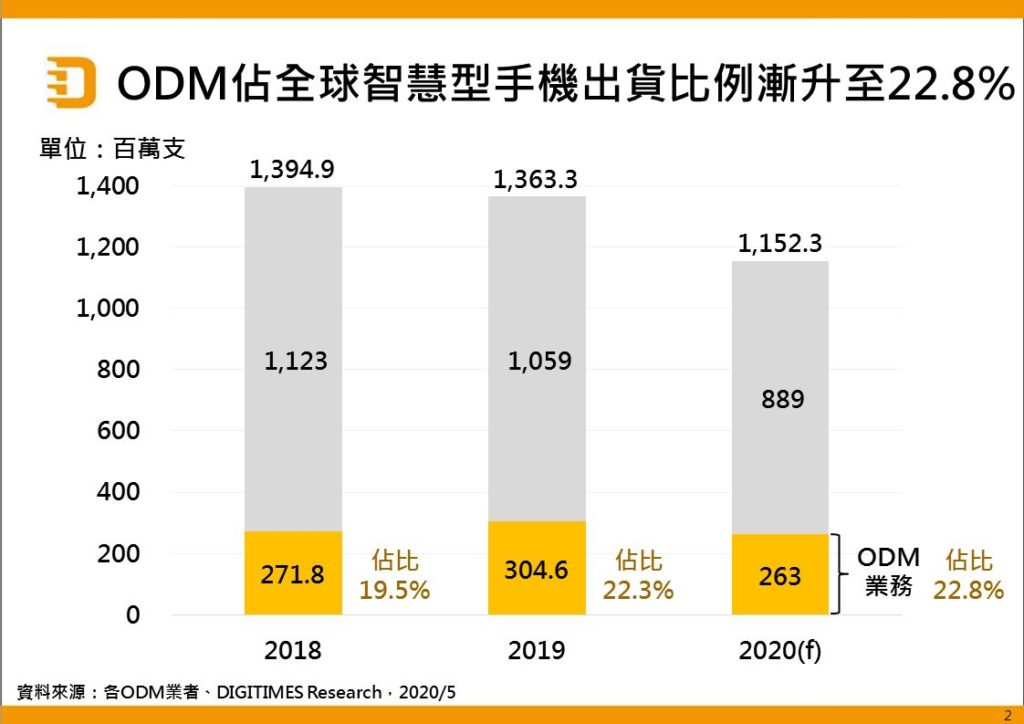
5-23 #Noises: Samsung has announced that it will start building a new 5nm chip production line in Pyeongtaek; Huawei is reportedly in talks with MediaTek and UNISOC; Tianma and Visonox have further to expanded capacities for flexible AMOLED; etc.
Chipsets
Samsung has announced that it will start building a new 5nm chip production line in Pyeongtaek, South Korea. The company plans to make AI (artificial intelligence), high-end smartphone, and HPC (high-performance computing) chips at its new facility. (CN Beta, Samsung, Sam Mobile)
GlobalFoundries (GF) has announced plans to implement export control security measures at its most advanced manufacturing facility, Fab 8, in Malta, New York. GF will bring its Fab 8 facility into compliance with both the U.S. International Traffic in Arms Regulations (ITAR) standards and the Export Administration Regulations (EAR), making the company the most advanced ITAR foundry in the country. To date, GF has invested over USD13B in Fab 8. (CN Beta, EPS News, Globe Newswire)
Huawei is reportedly in talks with MediaTek and UNISOC to buy more chips as alternatives to keep its consumer electronics business afloat. Huawei now also hopes to secure contracts to buy MediaTek’s mid-to-high-end 5G mobile chips. Huawei is also seeking to deepen its collaboration with UNISOC. (Asia Nikkei, CN Beta)
IC production in China represented 15.7% of its USD125B IC market in 2019, up only slightly from 15.1% five years earlier in 2014. IC Insights forecasts that this share will increase by 5.0 percentage points to 20.7% in 2024 (1.0 percentage point per year on average). Of the USD19.5B worth of ICs manufactured in China in 2019, China-headquartered companies produced only USD7.6B (38.7%), accounting for only 6.1% of the country’s USD124.6B IC market. (Laoyaoba, IC Insights, press)
TSMC has revealed that the company still has a huge chunk of Huawei’s order. This means that TSMC will probably still be in charge of the Kirin 1020 SoC for the Mate 40 series. As of now, TSMC’s 5nm capacity is only 50% full. Thus, Huawei can take advantage of this space and place orders. This new advanced process has about 25,000 wafers. If the price is USD15,000, that means the order value is USD375M. The other 12nm process orders are for 5G base stations. However, Huawei’s Kirin 990 and 980 which uses the 7nm process may encounter some issues. (GizChina, My Drivers)
Touch Display
Demand for RGB fine-pitch mini LED displays and mini LED backlight units is originally expected to take off in 2Q20, but corresponding shipments will be significantly short of expectation in 2H20, according to Digitimes. So far, no shipments for mini LED backlight units have been scheduled for 3Q20. Previously, LED epitaxial wafer and chip maker Epistar originally expected the revenue proportion for mini LED to rise to 15% at year-end 2020, and vertically-integrated LED maker Lextar Electronics estimated that mini LED would take up 5-7% of 2020 consolidated revenues. (Digitimes, press)
China-based flat panel makers Tianma Microelectronics and Visonox have moved one step further to expanding their capacities for flexible AMOLED panels, with the former having the potential to become the world’s third largest vendor in the segment. (Digitimes, JRJ)
Xiaomi’s patent shows a foldable display present on a clamshell module. The unique feature here is a horizontally rotating camera. On the top of the phone, there is a camera array placed at a position raised above the frame of the phone. Further, there is a hinge between the camera array and the body of the phone. (GizChina, Gizmo China, LetsGoDigital, CN Beta)
E Ink Holdings (EIH) has seen its supply of colored e-paper solutions fall short of demand, and is expanding production capacity starting 2Q20 to meet growing demand, according to company chairman Johnson Lee. For ramping up its capacity for colored solutions, capex set for 2020 is expected to grow within 15% in 2020 from the NTD700-800M (USD23.34-26.67M) a year it has spent on average over the past 3 years, Lee revealed. (Digitimes, press, Digitimes, LTN, China Times, CTEE)
Camera
LG Innotek, Sharp and O-film Tech reportedly have landed camera module orders from Apple for the vendor’s new iPhone devices, all equipped with AMOLED screens, to be released in 2H20, according to Digitimes. Production of the camera modules will reportedly begin in Jul 2020. (GizChina, iMore, Mac Rumors, Digitimes, CN Beta)
According to Sigmaintell, in 1Q20 smartphone shipment has reached 253M units, down 17% YoY. Among them, the domestic market has a greater impact, with a YoY decrease of about 44%. The upstream camera supply chain also experienced a sharp decline. Before the COVID-19 pandemic, Sigmaintell expects the global smartphone camera sensor shipment to reach 5.5B in 2020. After the pandemic spread worldwide, it is optimistic to estimate that after the European and American markets began to recover in Jun 2020, demand will gradually recover. It is expected that the global smartphone camera sensor shipments will be about 5B units in 2020, maintaining a growth rate of about 5%. (Sigmaintell, press)
In 2019, due to the severe shortage of its fab capacity, supply is very tight. With its continuous expansion, 1Q20 production capacity has increased significantly, and shipments have increased significantly. GalaxyCore’s main product is 2MP / 5MP. Benefiting from the strong demand for 2MP sensors from the multi-camera macros and depth, 1Q20 GalaxyCore has performed well. According to Sigmaintell, the shipment of GalaxyCore camera sensors (including feature phones) in 1Q20 is about 400M units, an increase of about 164% year-on-year. (Sigmaintell, press)
As 2 of the 2H20’s Apple iPhone 12 series to feature ToF, the 4 major domestic vendors are also accelerating the development of D-ToF. The chip manufacturers (including OmniVision and GalaxyCore, etc.) are actively increasing the development of ToF hardware and software. According to Sigmaintell, the global shipment of ToF for smartphones will be approximately 90M units in 2020. (Sigmaintell, press)
Battery
Xiaomi will be buying the stake of ZIMI Corp for a sum total of USD102.84M. Out of this, USD25.78M will be paid in cash while the rest will be through shares. Zimi is a known consumer product manufacturer with various smart products under its belt, including mobile accessories and even IoT gadgets (Internet of Things). (Sina, 36Kr, Gizmo China)
Connectivity
Researchers in Australia from Monash, Swinburne and RMIT universities have developed an internet connection that reaches 44.2Tbps by using an optical device called a microcomb to replace the standard bunch of about 80 lasers found in modern telecom equipment. The average user in the US gets 50.2Mbps — about a million times slower than the researchers’ speed. (Phys.org, Nature, Engadget, My Drivers)
In Aug 2019, Xiaomi, OPPO, and vivo have formed an alliance for the development of a new P2P file transfer protocol to simplify cross-device file transfers. OnePlus, realme, Meizu, and Black Shark have now joined the P2P file transfer alliance. (Laoyaoba, XDA-Developers, TechRadar)
Phone
Digitimes Research has lowered its global smartphone shipment forecast for 2020 to 1.15B units, down 15.4% from 2019’s 1.36B because of the impacts from the coronavirus pandemic. Weak end-market demand will undermine smartphone brands’ orders to ODMs in the year with overall smartphone ODM shipments in 2020 to slip 13.6% on year to arrive at only 260M units. (Digitimes, press, Digitimes)
Google and Alphabet CEO Sundar Pichai has revealed that he is “committed” to find other opportunities to collaborate with Apple beyond the companies’ Exposure Notification system. (Apple Insider, Wired)
Xiaomi has revealed that it has backed more than 300 companies as of Mar 2020, totaling CNY32.3B (USD4.54B) in book value and CNY225.9M (USD32M) in net gains on disposal of investments in 1Q20. Most of its investments aim to generate strategic synergies, whether it is to diversify its product offerings or build up a library of content and services to supplement the devices. (TechCrunch, Xiaomi, Sina)
Wearables
realme has sold over 1M of wireless earphones worldwide, which include the Buds Air and Buds Wireless. This amount will only grow in the coming months with the release of two new wireless audio products in May 2020. (GizChina, Facebook, Sina)
Samsung reportedly wants to enter into the ultra-premium segment of the smartwatch game by offering a titanium version of its upcoming smartwatch. Samsung’s most recent smartwatch, is available in both aluminum and stainless steel. (CN Beta, GSM Arena, Sam Mobile)
Augmented / Virtual Reality
Magic Leap CEO Rony Abovitz has revealed internally the company has managed to raise USD350M from existing and new investors. As a result, Abovitz has reportedly withdrawn the layoff notices sent to remaining staff in Apr 2020. (Engadget, Business Insider, The Information)
Home
Samsung has announced The Terrace, an outdoor 4K QLED TV featuring QLED 4K display technology and Smart TV features, and an accompanying soundbar. The Terrace is available in 55-, 65-, and 75-inch models, priced at UD3,499, 4,999 and 6,499, respectively. It provides a brightness level of 2,000 nits. It has acquired high standards in water and dust resistance (IP55). (CN Beta, Neowin, Samsung)
According to TrendForce, owing to the COVID-19 pandemic, global TV shipment is expected to undergo a 5.8% decrease YoY and reach 205.21M units in 2020. In the shrinking TV market, brands are vying for business growth by demonstrating their technical superiority, and this may be achieved through either improving specifications or differentiating their products. In particular, thanks to the marketing push of leading manufacturer Samsung VD, QLED TV shipment is projected to grow by 41.8% YoY, reaching 8.27M units in 2020. (Laoyaoba, TrendForce, TrendForce, press)
Automotive
New car sales in the China market are expected to slip 22% to 20M units in 2020, Taiwan-based Yulon Nissan Motor, has estimated. China-based carmaker Dong-Feng Nissan, in which Yulon Nissan holds a 10% stake, sold 161,000 cars in China in 1Q20, declining 44.7% on year, and aims to sell 1.27M units in the whole year. Mainly due to the impacts of the coronavirus pandemic on the China car market, Yulon Nissan’s 1Q20 consolidated revenues dropped 16.73% on year to NTD7.301B (USD243.76M), while net profit reached NTD178.6M, down 88.17%. (Digitimes, press, CTEE, Yahoo)
Artificial Intelligence
TikTok’s parent company ByteDance has added Lingxi, a Beijing-based startup that applies machine intelligence to financial services such as debt collection and insurance sales, to its ever-expanding portfolio of investments. The AI startup has raised a USD6.2M Series A round. (TechCrunch, Sohu)
